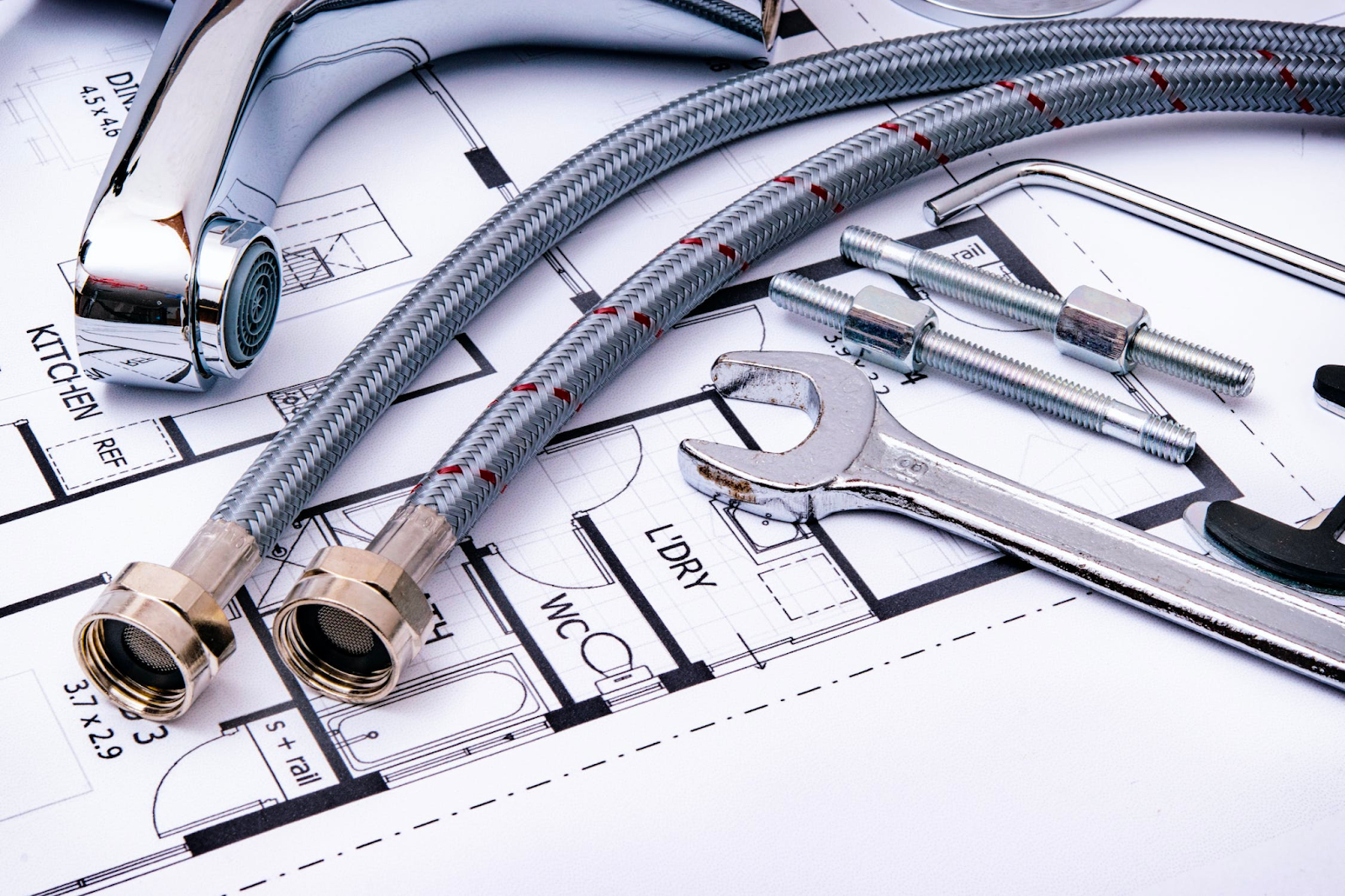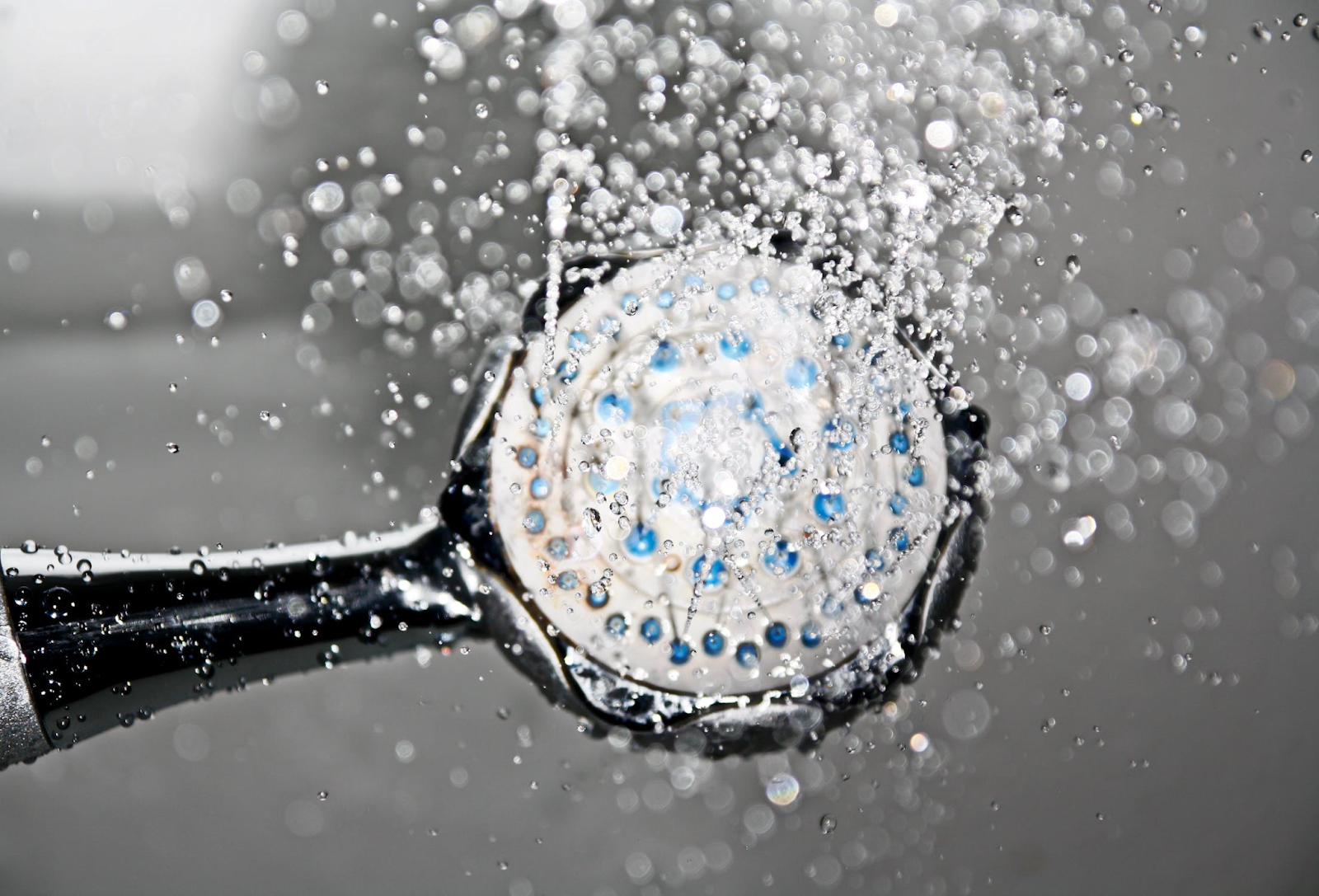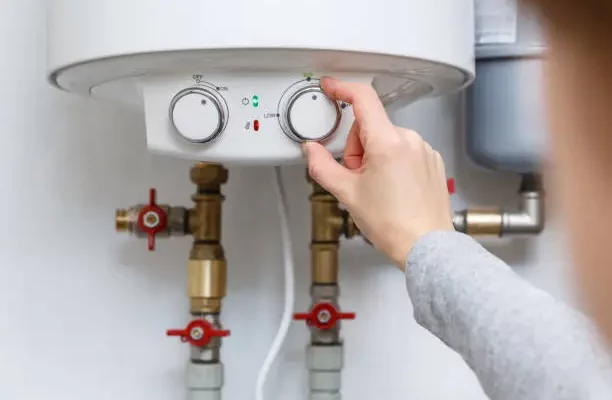At some point, every homeowner will have to make the decision whether it’s best to repair or replace their water heater. While replacing a water heater isn’t exactly an exciting prospect, making the wrong call has its own risks that could cost you even more money and time if you don’t know what to look out for. Knowing ahead of time which option is right for your home helps ensure you make a sound financial decision while also keeping your family comfortable with reliable hot water all year round. Here are a few things you should consider when deciding between repairing or replacing your current water heater.

Determine the age of your water heater
Your water heater is a crucial aspect of your home’s comfort and convenience, but it’s easy to forget about until it stops working properly. One important thing to keep in mind is its age. Once it hits the 10-year mark, it may be time to start thinking about a replacement. While water heaters can last for many years beyond that point, they also become more prone to breakdowns and potential problems. A new unit can not only ensure that your hot water needs are met efficiently, but it can also help save money on energy costs in the long run. Keep tabs on your water heater and its age, and know when it might be time to upgrade for the sake of your home and your comfort.
Hire professionals for informed decisions
When facing the decision of whether to repair or replace your water heater, enlisting the expertise of professional technicians can provide invaluable insights. Skilled professionals possess the knowledge to assess the extent of the issue, evaluate the overall condition of the unit, and offer recommendations based on both short-term fixes and long-term benefits. Timely hot water heater repairs by a qualified professional are essential to restore its functionality and ensure uninterrupted access to hot water. On the flip side, heater replacement might be a smarter choice if the water heater’s age, extensive damage, or inefficiency renders repairs financially unsustainable or impractical for ensuring consistent and efficient hot water supply. Their expertise ensures that you make an informed decision tailored to your specific situation, maximizing the efficiency and longevity of your water heater while aligning with your budget and needs.
Check for any signs of damage or corrosion
It’s crucial to regularly check for any signs of wear and tear to ensure that your water heater is functioning safely and efficiently. Even minor corrosion or damage can lead to leaks or even explosions, posing significant safety risks. Before it’s too late, take the time to inspect your water heater and consider if there are any safety risks associated with its current condition. So, keep your family and home safe by taking proactive measures to maintain your water heater’s good health.
Compare the Cost of Repair versus Replacement
The familiar question of repairing versus replacing arises when faced with a malfunctioning water heater. While opting for a repair might initially appear financially prudent, it’s crucial to factor in the long-term costs. Sometimes, investing in a replacement can actually lead to savings over time. For instance, if an aging water heater frequently requires repairs, upgrading to a newer, more efficient model could curtail constant maintenance expenses. Conversely, for minor components like a thermostat, a repair could be the more sensible choice compared to purchasing a brand-new unit. It’s essential to evaluate immediate expenses against potential long-term outlays before reaching a decision.
Prioritize Energy Efficiency During Replacement
When the time arrives to replace your aging water heater, elevating energy efficiency considerations is paramount. Opting for a model that aligns with your household’s requirements and boasts energy-saving attributes could yield substantial reductions in your energy bills. This choice not only contributes to environmental preservation but also introduces you to the modern features that many energy-efficient appliances provide. From advanced programming options to more effective heating mechanisms, there’s a plethora of advantages linked to prioritizing energy efficiency during your replacement selection. Investing time in research to identify the ideal water heater for your family’s needs can lead to lasting financial and environmental rewards.

To wrap it up, a water heater can last for many years with the right care and maintenance. Make sure to replace your water heater when necessary to avoid potential safety risks and expensive repairs; and when looking for a replacement, remember to read reviews and compare prices across different models. With some careful consideration, you’ll be able to identify the best water heater that fits both your needs and budget for your home. When in doubt, consult a professional who can help you determine the best heating option for you. Your decision today on what type of water heater to choose can be financially beneficial in the long run.




















